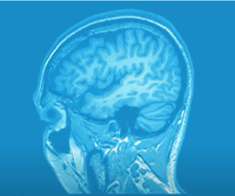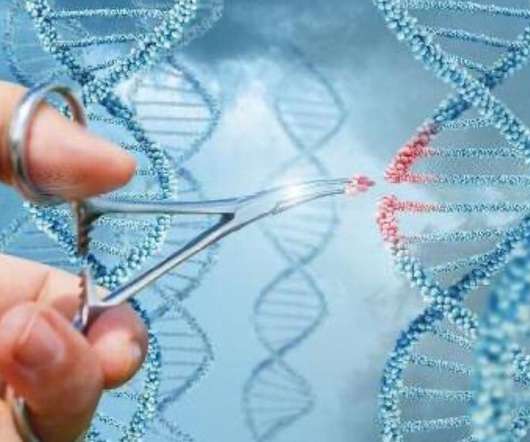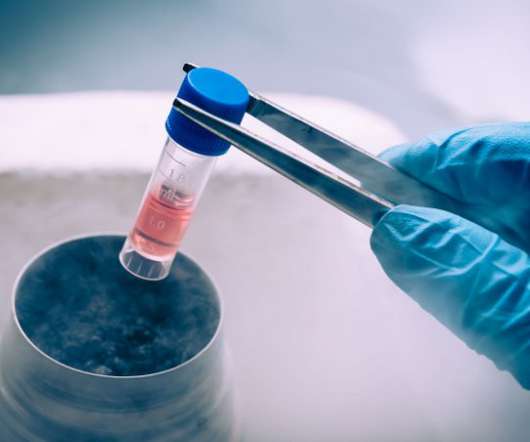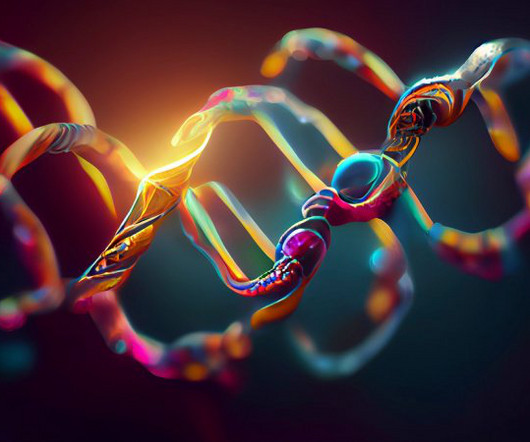Gene editing: beyond the hype
pharmaphorum
JANUARY 29, 2021
Cutting edge’ is, for once, a truly apt description when it comes to gene editing – both because the field is pushing medicine into areas we might never have dreamed possible, and because these technologies involve literally cutting DNA at a specific point in the genome. The genomic medicine journey. Zinc fingers.


















Let's personalize your content